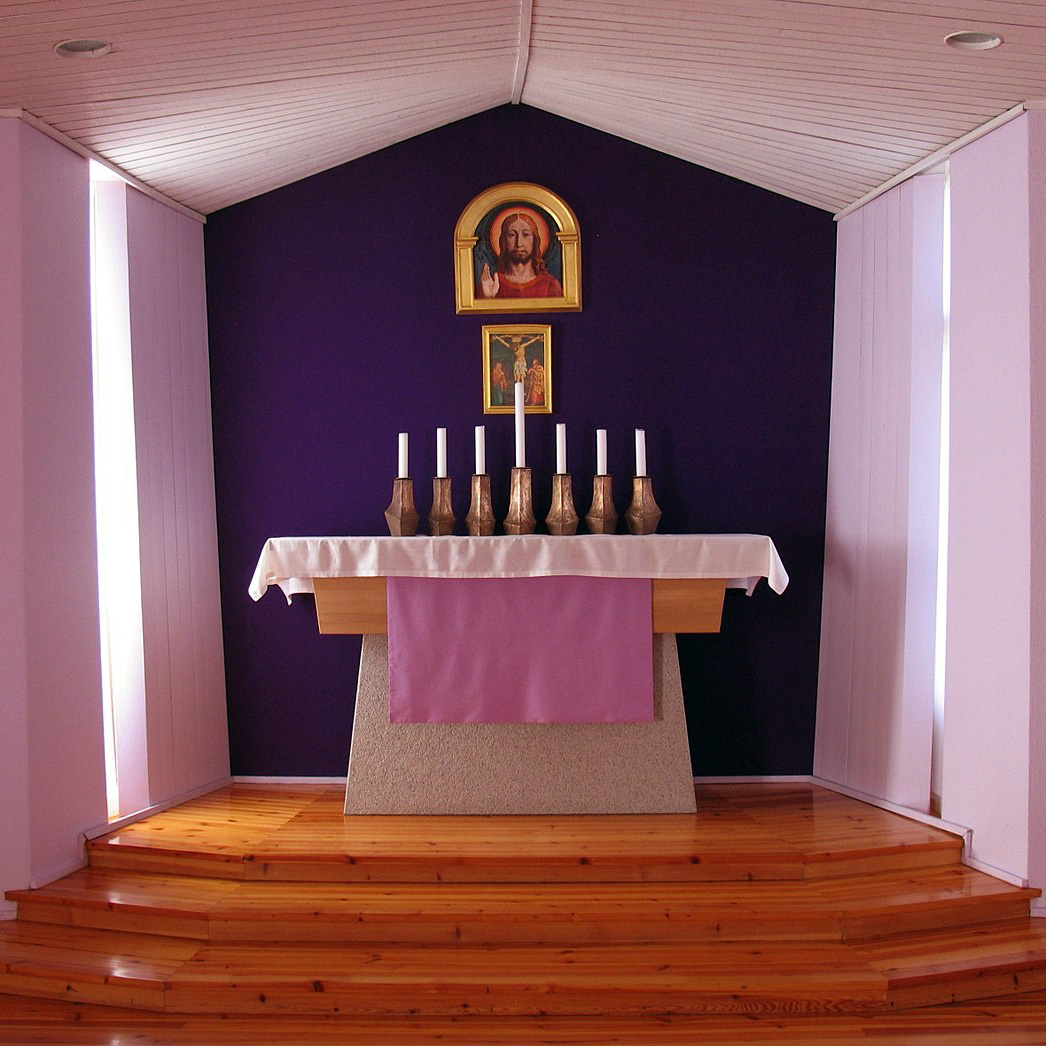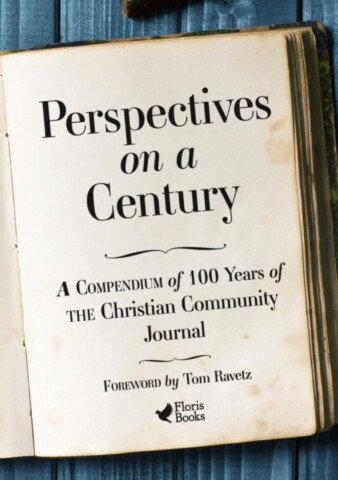The Christian Community
About
The Christian Community (Die Christengemeinschaft) is an esoteric Christian denomination, founded in 1922 in Switzerland by a group of ecumenically oriented theologians and ministers led by Friedrich Rittelmeyer, whose early theological work focused on the concept of a socially engaged “Christianity of deeds.” Inspired by Rudolf Steiner, the community has its historical roots partially in the broader liberal Christian tradition and in the esoteric and gnostic tradition and German new humanism, as well as Anthroposophy, though The Christian Community was a separate movement, and most anthroposophists are not members. The first priests included three women, and The Christian Community was one of the first Christian denominations to practice the ordination of women. Indeed, women such as Maria Krehbiel-Darmstädter played major roles in its development. The Christian Community is led by the “circle of priests,” with leaders known as “coordinators” appointed within the circle. The Christian Community does not have an official theology or articles of belief, nor does it accept the concept of Christian dogmas or engage in missionary work. Moreover, the community does not claim greater validity than other religions. Seven sacraments are celebrated in the community: the Eucharist (the Act of Consecration of Man), Baptism, Confirmation, Marriage, the Last Anointing, Sacramental Consultation (in place of confession), and Ordination. The Christian Community in Germany was banned during World War II by the Nazis, and its leader Emil Bock was imprisoned, although the community continued uninterrupted in Switzerland and England. Today, The Christian Community has congregations in numerous countries around the world.



